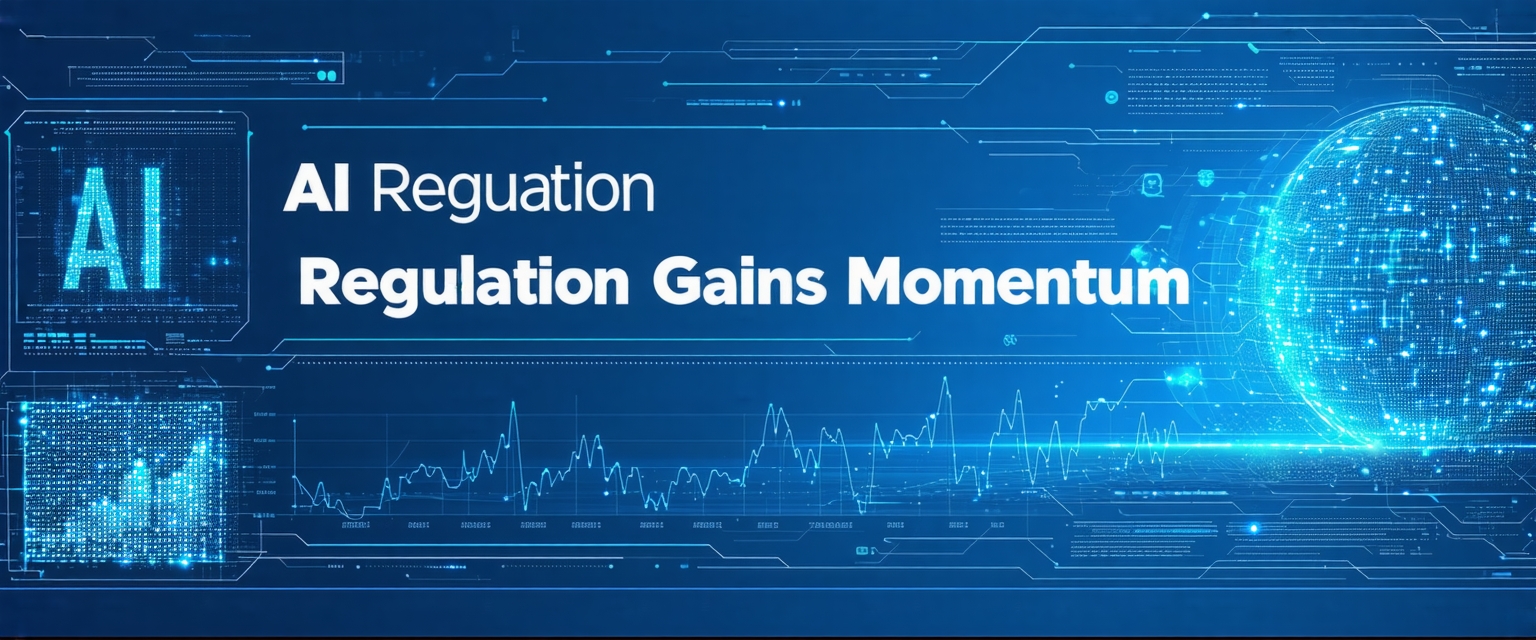






Global efforts to regulate artificial intelligence (AI) are rapidly accelerating, driven by concerns about ethical implications, potential risks, and the need for responsible innovation. Recent developments show a shift towards more concrete policies and frameworks.
For years, the conversation around AI regulation has been dominated by discussions of potential future risks. Concerns over algorithmic bias, job displacement, and the misuse of AI in autonomous weapons systems have fueled calls for action. However, translating these concerns into specific, actionable policies has proved challenging due to the rapid pace of technological advancement.
Early attempts at regulation often focused on specific sectors, such as healthcare and finance, where AI applications posed immediate risks. However, the broadening application of AI across various sectors necessitates a more comprehensive approach.
Recently, several key developments have marked a significant shift towards more concrete AI regulation. The European Union’s AI Act, for example, is a landmark piece of legislation that aims to classify AI systems based on their risk level and impose different regulatory requirements accordingly. This represents a significant step towards a standardized approach to AI governance across the bloc.
Beyond the EU, other countries and regions are also actively developing their own AI regulatory frameworks. This includes initiatives in the United States, focusing on sector-specific regulations and promoting responsible AI development, and similar efforts from various nations around the world. International cooperation is also emerging to find common ground on key ethical and safety standards.
The increasing regulatory scrutiny will undoubtedly impact the AI industry. Companies developing and deploying AI systems will need to adapt to comply with new regulations, potentially increasing costs and slowing down innovation in certain areas. However, clear regulatory frameworks can also foster trust and encourage responsible AI development, ultimately benefiting both businesses and consumers.
The long-term impact will depend on the effectiveness and adaptability of the regulations. Successful implementation requires a balance between promoting innovation and mitigating risks, ensuring that AI technologies are used responsibly and benefit society as a whole.
The future of AI regulation will likely involve continued evolution and adaptation as the technology itself evolves. International harmonization of standards will be crucial to prevent regulatory fragmentation and ensure a level playing field for businesses. Ongoing dialogue between policymakers, researchers, and industry stakeholders will be essential to shape effective and adaptable policies that can guide AI’s development responsibly.